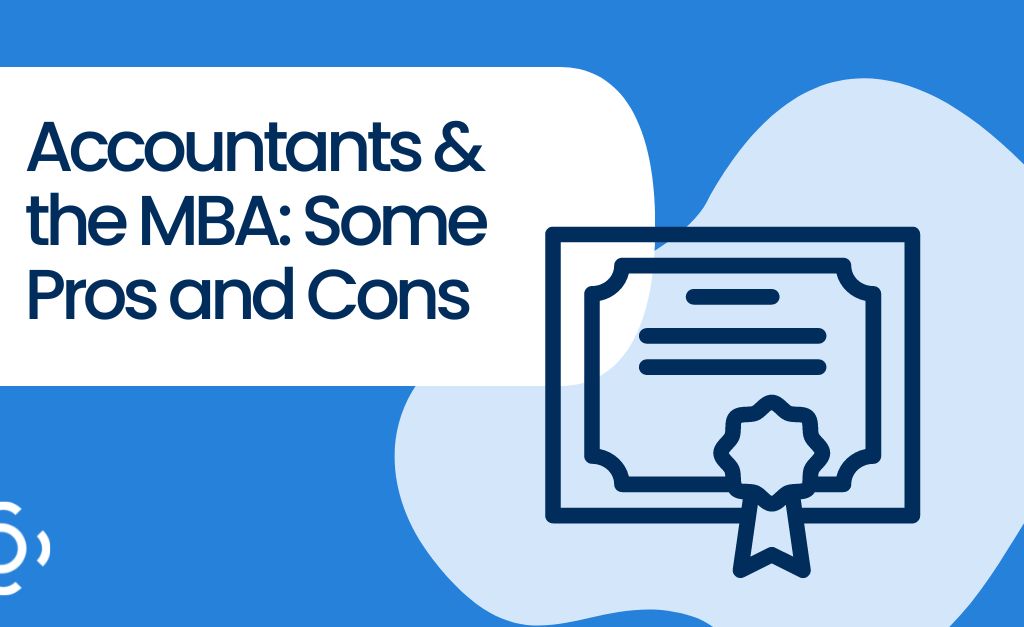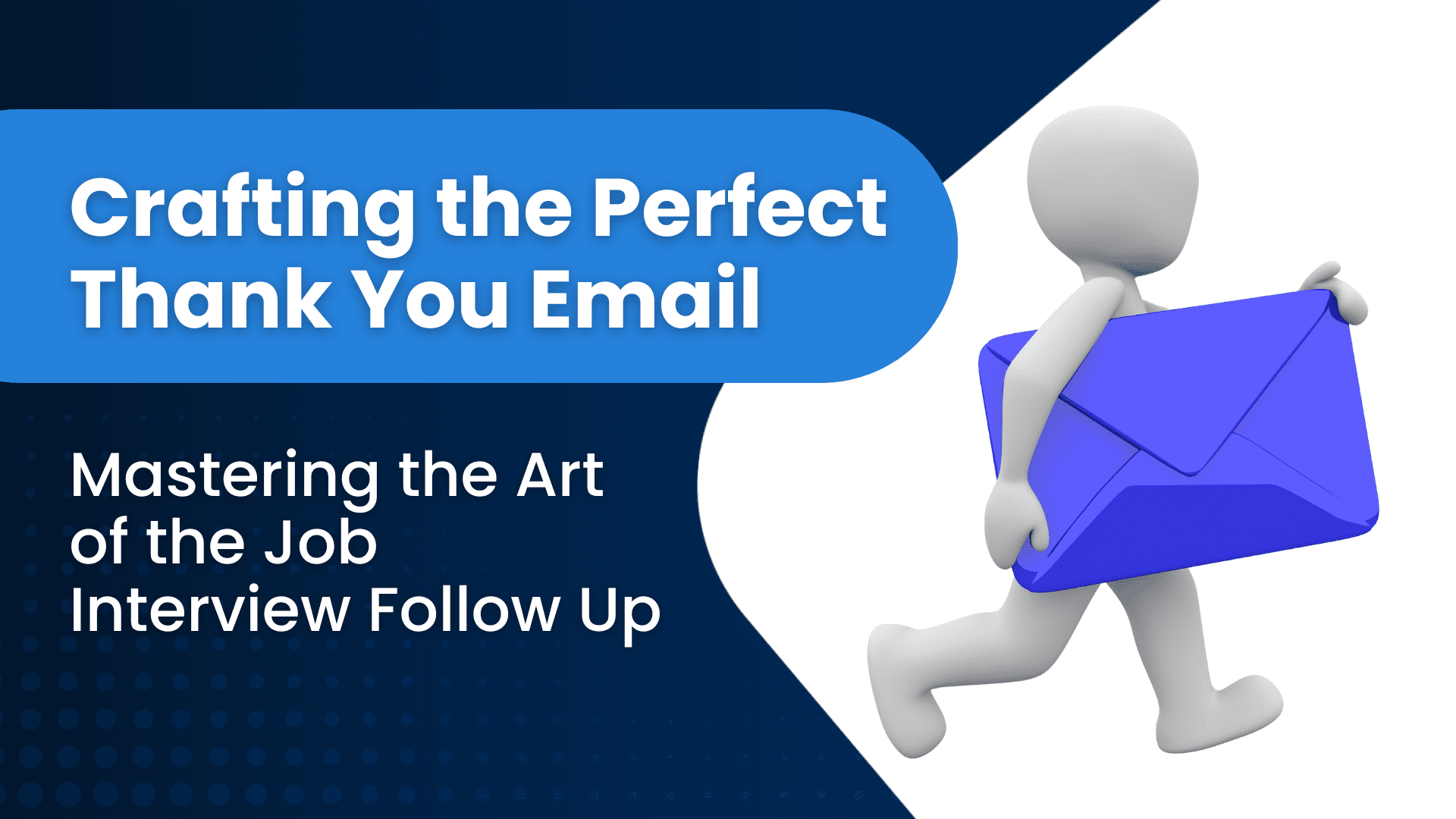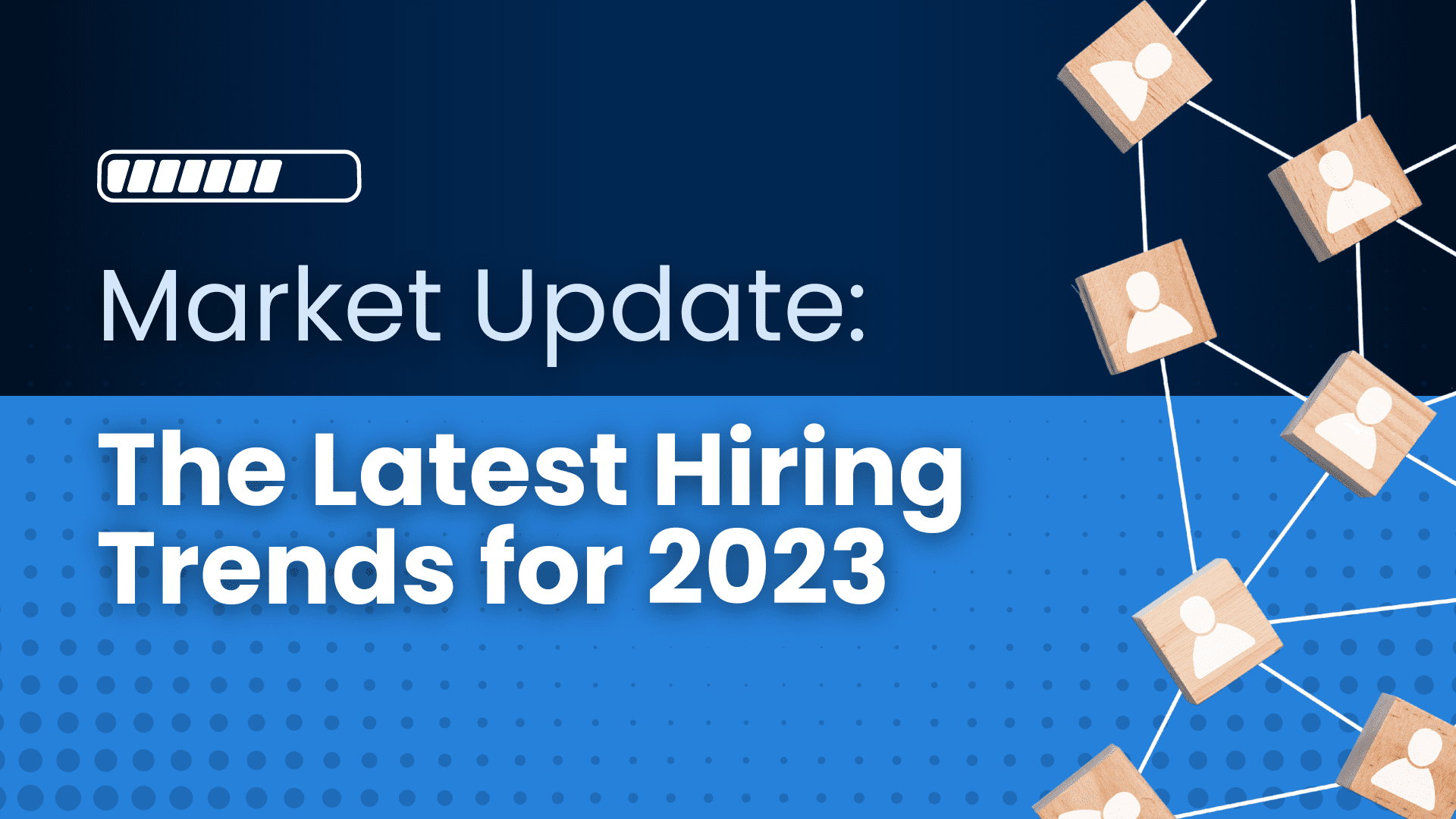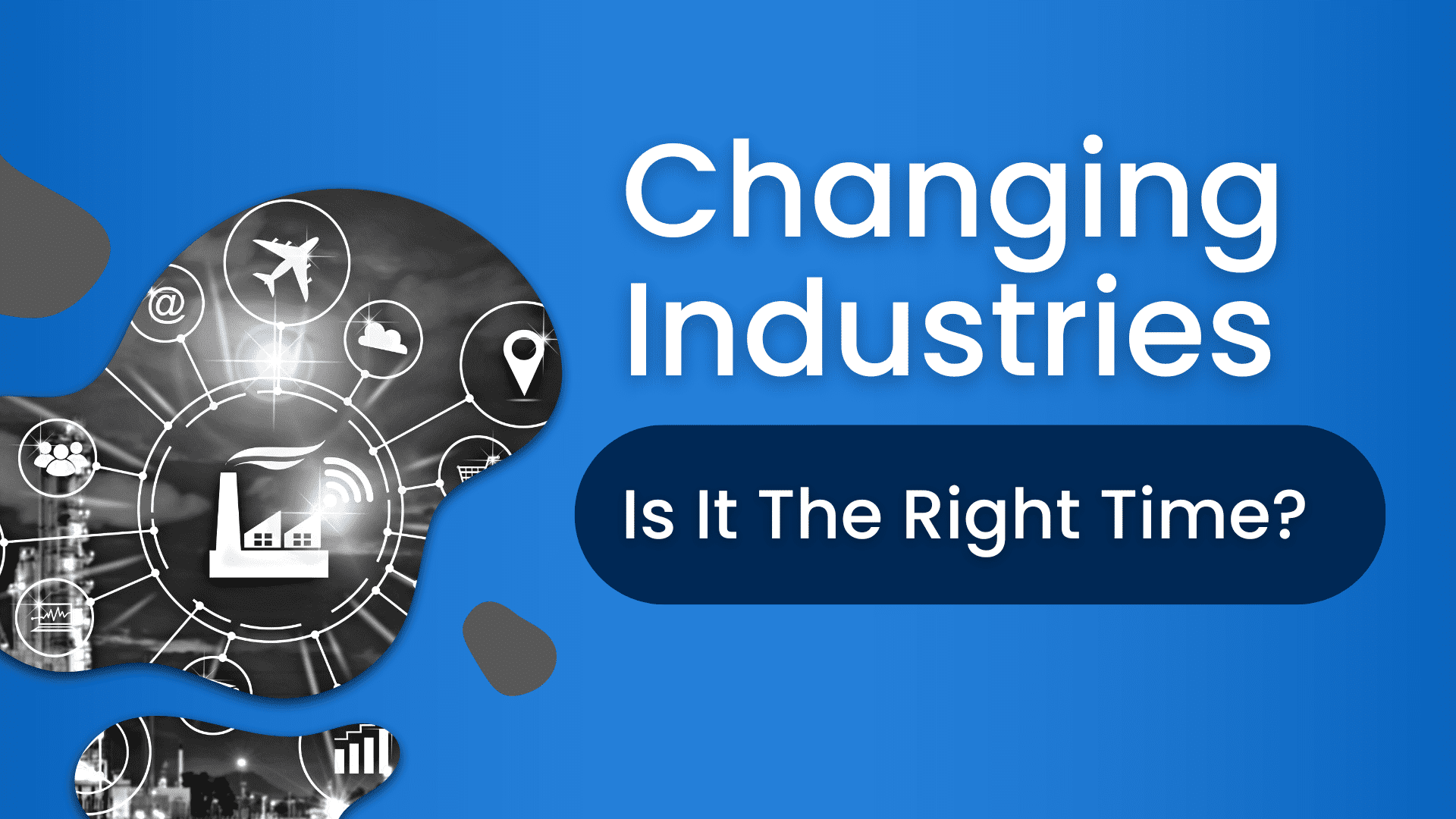Is an MBA worth the time and expense for accountants? Here are some pros and cons to consider.
As a working accountant, you’re likely no stranger to the following question: Should you get an MBA? Especially in the current era of academic inflation, one can’t help but wonder if snagging an esteemed degree like an MBA could help boost your credentials, expand your client base or give you added credibility as an accountant.
An MBA is designed to provide a holistic approach to business, so particularly if you’re coming from a completely non-business background, many in the sector would agree that the degree could help you get up to speed on basic concepts, like finance and marketing.
Others wonder, however, whether people who have already studied business at the undergraduate level, or obtained substantial work experience as an accountant, get enough out of an MBA to warrant the investment of time and money it indisputably requires.
Here at Clarity Recruitment, we always stress the importance of getting a competitive advantage—be it through educational enhancement or diverse work experience. An MBA provides a host of useful skills. But should bolstering your accounting career necessarily entail spending two years, not to mention thousands of dollars, out of the workforce?
Our own thoughts, plus consultation with a number of working accountants, yielded the following pros and cons:
Pro: You can earn experience in group learning and problem-solving
An MBA can be invaluable for accountants, as it provides many opportunities to experience group-learning dynamics. Many programs emphasize teamwork and deftly match students with one another so that their various strengths are complemented; group work in an MBA setting can therefore be quite meaningful.
By frequently engaging in collaborative projects, then, one learns how to problem solve as a group and glean the mechanics of operating in a high-performance team. These skills could certainly serve one in his or her career as an accountant.
Con: Many of these skills can be learned on the job
Some argue that the skills an accountant needs most are learned on the job. While an MBA program gives general knowledge that could potentially pertain to accounting, certain hard skills—like the ability to record income and expenses efficiently, savvy with relevant software and thorough understanding of tax law—are typically picked up from good, old-fashioned work experience.
Josh Zweig, principal chartered accountant at online accounting firm LiveCA, opted not to do an MBA, though he did do an undergraduate degree at the Ivey School of Business at the University of Western Ontario.
“An MBA could introduce you to certain concepts and teach you to talk the talk,” says Zweig. “So if someone says something like, ‘It’ll leverage our corporate strategy,’ you’ll be able to pick up on it…but what an accountant brings to the table generally are things that you’re going to learn when you’re actually accounting.”
Zweig says that only after graduating and working in a medium-sized firm did he fully realize what it meant to be an accountant. “Basically, I know what I know now not because I learned the concepts in schools, but because I’ve seen 150 different businesses coming in and out.”
Pro: You will have access to a broader skill-set
An MBA covers all aspects of business, from investment to economics to marketing. A starter accountant may not necessarily need to use these additional qualifications in their day-to-day work, but as one progresses in his or her accounting career, they will likely prove handy—and may just be expected from clients.
Our very own Joe Diubaldo, president of Clarity Recruitment and an MBA himself, offered this take. “The more senior you get, the more clients want you to be their business partner and not just their accountant,” Diubaldo says. “For example, a V.P. Finance or CFO gets involved in operational problems outside of finance, as they bring a discipline to analysing issues down to the root cause. They look for ways to mitigate controls for risks in the company while still trying to drive value. An MBA might give you a better skill-set to analyse those broad issues outside of accounting.”
An MBA, therefore, may be a useful tool for the long-term, and the truly ambitious may well consider how it could help them as they move up the ladder.
Con: Less senior accountants may have fewer opportunities to apply wider business skills
In Zweig’s experience, clients generally aren’t looking for marketing or investment advice from their accountant, preferring to rely on other industry professionals for this. Rather, clients want their accountant to help them do their taxes or operate a more effective accounting system. Unless you want to specialize in industry, he says, learning these other components of business in an MBA may not, then, pay off in your daily work as an accountant.
Further, clients often have an expectation that their accountant be as objective as possible, so the idea of him or her giving investment advice and taking some sort of commission might not sit well with them.
The clients’ interests notwithstanding, the regulations put out by the Canadian Institute of Chartered Accountants prohibit activities such as giving financial advice or selling mutual funds, and your insurance as an accountant typically won’t cover providing these services.
Pro: You will have a chance to network with lots of successful people
An MBA is prestigious, and you can expect your fellow students to be accomplished, go-getting and intelligent. Not only can being in such an environment be motivating, but it offers the chance for extensive networking. It can potentially take your career to unexpected places.
Diubaldo gives an example: “I have a good friend who was a Senior Manager at a Big 4 accounting firm. He transitioned into a strategy-related position in a large wealth management company because of his MBA contacts and the network he developed there. That is a role that so many finance and accounting professionals covet.”
Con: Pursuing an MBA can be expensive
It goes without saying that an MBA is a substantial investment; programs can easily cost hundreds of thousands of dollars. In some cases, one-off college courses could be a more affordable way to gain certain skills.
“If another accountant asked me if they should get a one hundred thousand dollar MBA from Rotman, I might say, why?” says Zweig. “Do you want to brush up on something like your Excel skills? Go do an Excel course instead. Do you want to transition into industry? If so, okay, that might be a different story.”
He suggests making a list of all the skills you’d like to develop as an accountant and how each pertains to your career; depending on what they are and how easily attainable, this can clarify the great MBA question for you.
Overall, the MBA question is a complicated one. At Clarity Recruitment, we value ongoing skills building and professional development. We see the MBA as an excellent way to acquire group-learning skills, to network, and to gain exposure to strategy and personal branding—capabilities that can carry you beyond just pure accounting. At the same time, we acknowledge the difficulty of the cost, and the fact that an accountant might be able to fare just fine without an MBA.
Ultimately, a lot of it boils down to timing; we believe that it’s important to first get experience in the industry and then decide if an MBA is right for your career.
The decision to enrol in an MBA is a significant one, and one should think carefully about his or her reasons, desired skills and long-term career goals before embarking on such an endeavour.
Let us know what you think! At Clarity Recruitment, we’re always interested in hearing from accounting and finance professionals like yourselves, who are ready for new, exciting opportunities that can take their careers to the next level. And be sure to follow us on Twitter (@clarityrecruits) and connect with us on Facebook for more great tips and advice!




